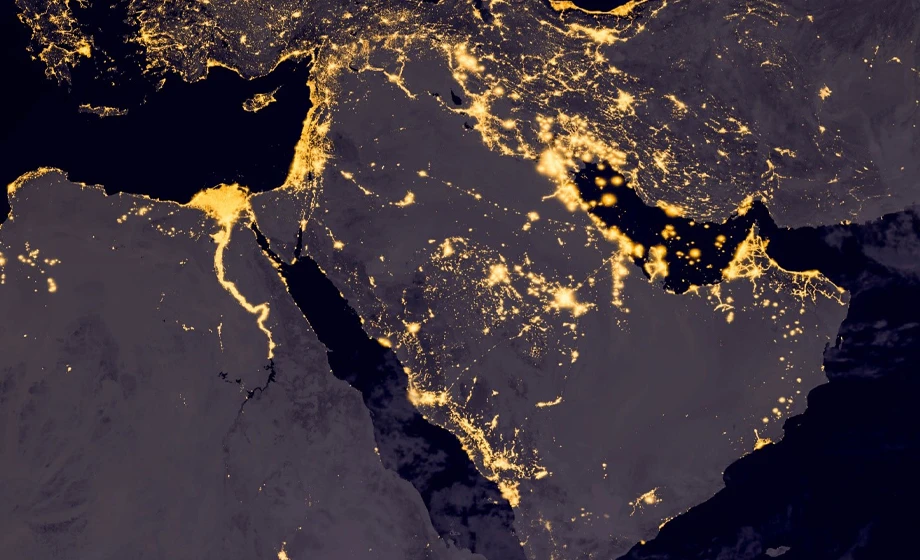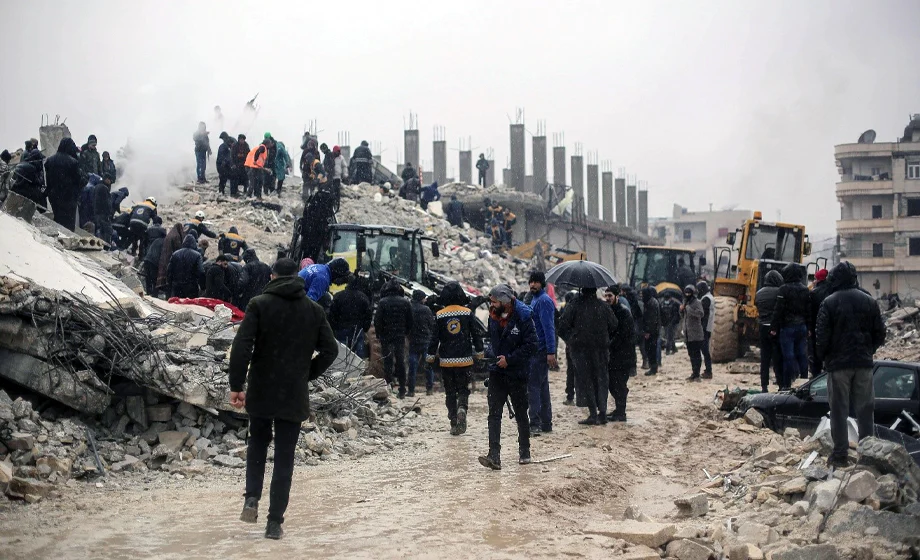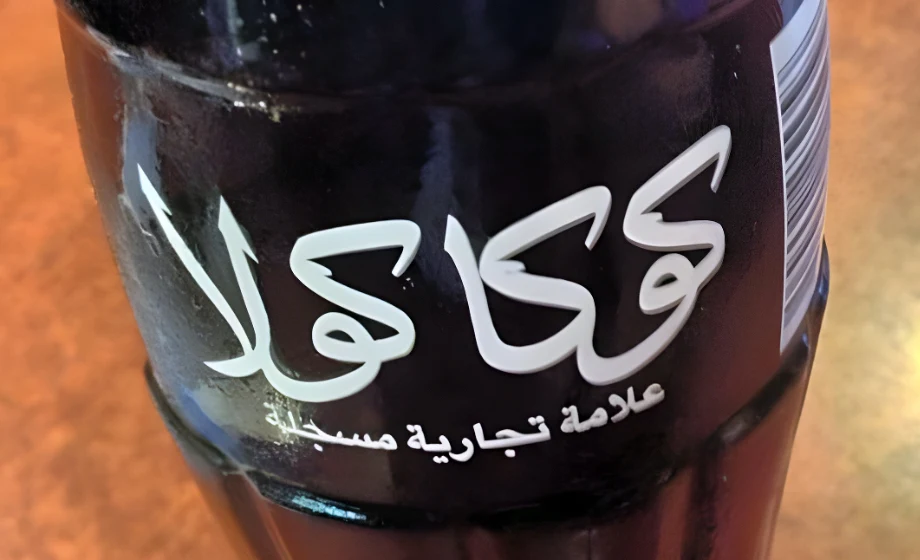The following is a hypothetical scenario based on a true story.
A U.S. solar company was responding to a tender issued by an Arab government for a major solar installation. The company addressed its cover letter to the country’s Minister of Environment.
Initially drafted in English, the letter was translated into Arabic by a non-native Arabic speaker. While the translation was an accurate rendition into formal Arabic, the organization received a letter from the Ministry of Environment stating that the proposal was not submitted to the Minister because the letter was deemed “inappropriate.” In this case, the Minister also happened to be a member of the royal family.
This incident highlights the importance of cultural awareness in communications, especially in business and politics. Expectations of formal address differ significantly between the West and the Middle East. For example, while it is completely normal to address someone as “Dear Mr. Mohamed” in English, addressing them with the direct Arabic translation of this, “عزيزي السيد محم” is unacceptable. The basic address when writing to someone from any position would be “حضرة السيد محمد المحترم” or “Respected Mr. Mohammed.”
Certain expressions of respect, prayers, and wishes are introduced to the letter. For Islamic countries, a formal letter is always introduced with “السلام عليكم ورحمة الله وبركاته”, which translates to “May the peace, mercy, and blessings of God be upon you”.
When addressing royal, additional expressions are added right after the address such as:
أعزك الله وبارك في عمرك وأعمالك وحفظك في عافيتك ووطنك وشعبك وأسرتك الشريفة
“May God treasure you, bless you and your work, and preserve your health, your country, your people, and your honorable family”.
Titles are also of high importance in the Middle East. For example, if a person has earned a doctorate, they should be addressed with “حضرة الدكتور المحترم”/ “Dear Dr. X” or “Dear PhD. X”. An engineer is also addressed with “حضرة المهندس المحترم”/ “Dear Eng. X”.
The following tables provide a few concrete examples of terms of respect used in correspondence in Arabic and English:
I. Salutations
| Context | English | Arabic |
|---|---|---|
| Addressing a Saudi prince (your boss) and you are asking for money | Your [Royal] Highness, | صاحب السمو الملكي حفظكم الله وسدد خطاكم/حفظه الله/رعاه الله |
| Responding to a formal (RFP) | Dear Sir or Madam Your Excellency / Highness / etc (if the title is known) | (إلى جانب (إسم الجهة/الشركة (السادة/ (إسم الجهة الشركة |
| Addressing attendees at a conference | Dear attendees, | حضرة السيدات والسادة الكرام / إلى الحضور الكريم/المحترم أصحاب المعالي والسعادة |
Note 1: Not all princes are members of the royal family so “Royal” / الملكي” is optional
Note 2: Use this if the name of the addressee is unknown
Note 3: In Arabic, addresses vary depending on the type of attendees and the context of the gathering (graduation ceremony, conference, etc.)
II. Body of the Letter
| Context | English | Arabic |
|---|---|---|
| Introducing new paragraphs | N/A (Usually paragraphs usually flow directly one after another) | يسرني أن أبعث إليك بأطيب تحياتي وخالص أمنياتي بالسعادة والتوفيق نوجه لك خطابنا ياسيّدي أتشرف بأن أرفع إلى سموكم/مقامكم السامي أرسل هذه الرسالة إلى مقامكم السامي لأن نكتب إلى جلالتكم اليوم لـ إنه لمن دواعي السرور، أن نرحب بكم يطيب لنا أن كما نحب أن نشير إلى |
III. Closings
| Context | English | Arabic |
|---|---|---|
| Adding closing | Thank you and best regards Best regards God is the grantor of success Sincerely | ولكم جزيل الشكر والاحترام وتفضلوا بقبول فائق التقدير والاحترام والله الموفق مع أطيب التحيات |
Translating a letter or formal address into Arabic? Let Industry Arabic, take care of it so you can avoid these mistakes and focus on your business!
Our team of native Arabic and English speakers is always coordinating to make sure the final product is both accurate and culturally appropriate.


